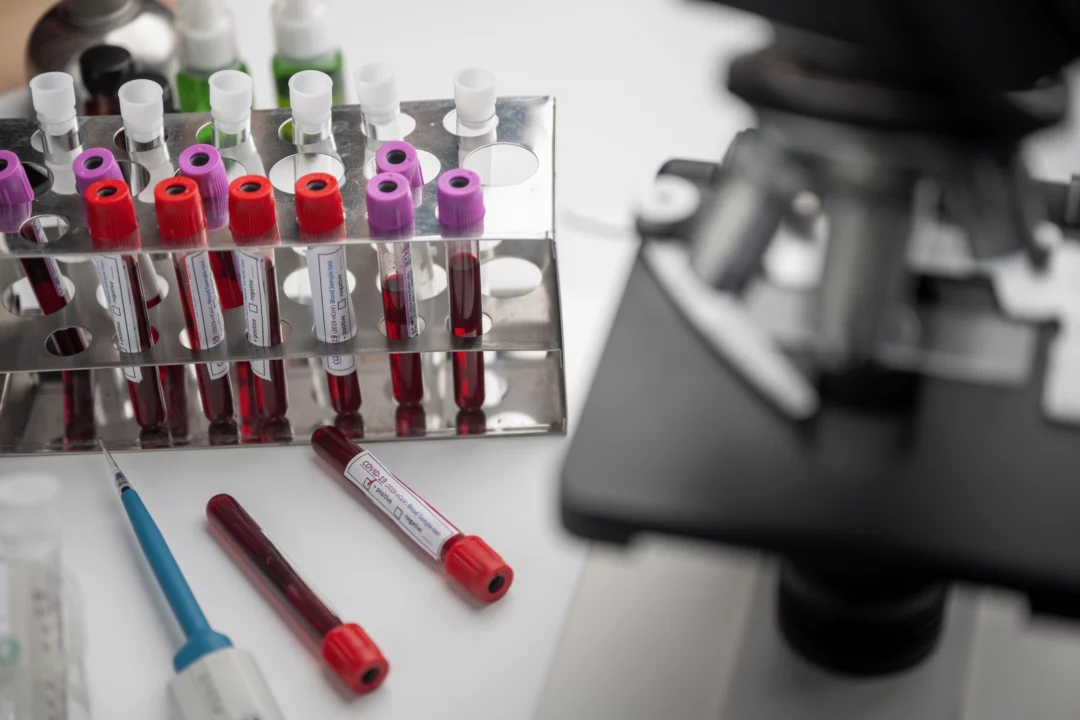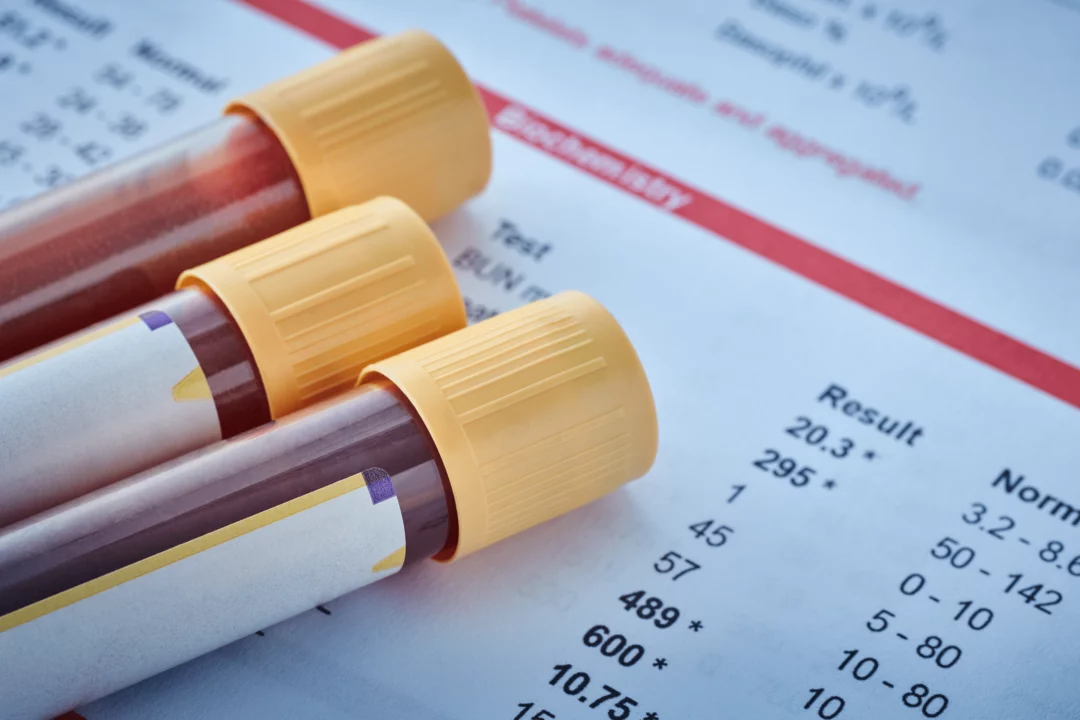
Each of us usually goes to our GP for regular preventive check-ups from birth. Or at least we should. Simply so that we can learn more about our health and be able to work on any findings. IN TIME!
Sometimes a person can be sick without experiencing any symptoms of the disease. And sometimes the onset of a health problem can be with early detection abnormal blood values can even be prevented completely. Therefore, it is necessary to have a so-called blood test at recommended intervals, usually once every two years, but even more often.
However, in order for diagnostics to be as accurate as possible, it is necessary to know about the biological and chemical processes in the tissues of our body. to get as much information as possibleTherefore, it is advisable to have it done biochemical blood analysis, which is more than eloquent in this regard. Let's take a look together at what a biochemical blood test should map out so that your general practitioner can assess your health condition in more depth and reveal any nuances that could signal an ongoing or impending disease or cause more or less serious health complications in the future.
 Don't let yourself be put off by a truncated version of a blood test at your preventive check-up, which only maps the most basic parameters. Keep in mind that the path to health is paved with as much knowledge about your body as possible. On the contrary, demand biochemical examination in the broadest possible content.
Don't let yourself be put off by a truncated version of a blood test at your preventive check-up, which only maps the most basic parameters. Keep in mind that the path to health is paved with as much knowledge about your body as possible. On the contrary, demand biochemical examination in the broadest possible content.
The examination includes blood countwhich will provide the doctor with information about whether you have sufficient red blood cell countHow are you? blood dyethat runs through your veins, but also whether you have excess white blood cellsThis fact could indicate both an infection and some of the more serious diseases.
Biochemical analysis It will also inform doctors about how well your kidneys are functioning. kidneys, liver and thyroid gland, or how many sugar and fat in the blood you have. The so-called CRP, an indicator of inflammatory parameters, which can also be easily determined from venous blood, will show if your body is currently fighting something inflammation or infectionUsing a biochemical blood test, we can also determine, for example, whether your body has sufficient amount of mineralsEven their deficiency has a negative effect on the human body and can cause a lot of suffering.
 Doctors will most often perform a biochemical blood test when: you have symptoms of illness, and it's time to start looking into what's actually going on in your body. Only then can doctors respond, effectively start treatment, and prescribe appropriate medication. But this is addressing an already existing health problem that in many cases would be could have been preventedThis is if any deviations in the results were detected earlier from a preventive blood test.
Doctors will most often perform a biochemical blood test when: you have symptoms of illness, and it's time to start looking into what's actually going on in your body. Only then can doctors respond, effectively start treatment, and prescribe appropriate medication. But this is addressing an already existing health problem that in many cases would be could have been preventedThis is if any deviations in the results were detected earlier from a preventive blood test.
As an example, we can take a disease called gout. It does not have to break out at all if a preventive biochemical examination of venous blood reveals a long-term increased presence of uric acid. In that case, a simple and non-invasive treatment procedure, such as diet adjustment, and the use of medication may not even occur.
Of course, you can also go for blood tests in the range you require. independently of doctors or the date of your next preventive check-up covered by health insurance. And this is as self-payer.
You can order CRP test, which will reveal inflammation in your body, sugar level testthat will reveal the risk of diabetes or uric acid level test to determine your risk of gout. You can also have a test done liver and pancreas, possibly heart, blood vessels and homocysteine, but also thyroid gland or prostateIn addition, you can also have an examination done minerals or comprehensive examination, targeted at the entire organism.
In the end, it's definitely worth it. After all, as they say, everyone only has one health, so it's important to take an active interest in and care for it.